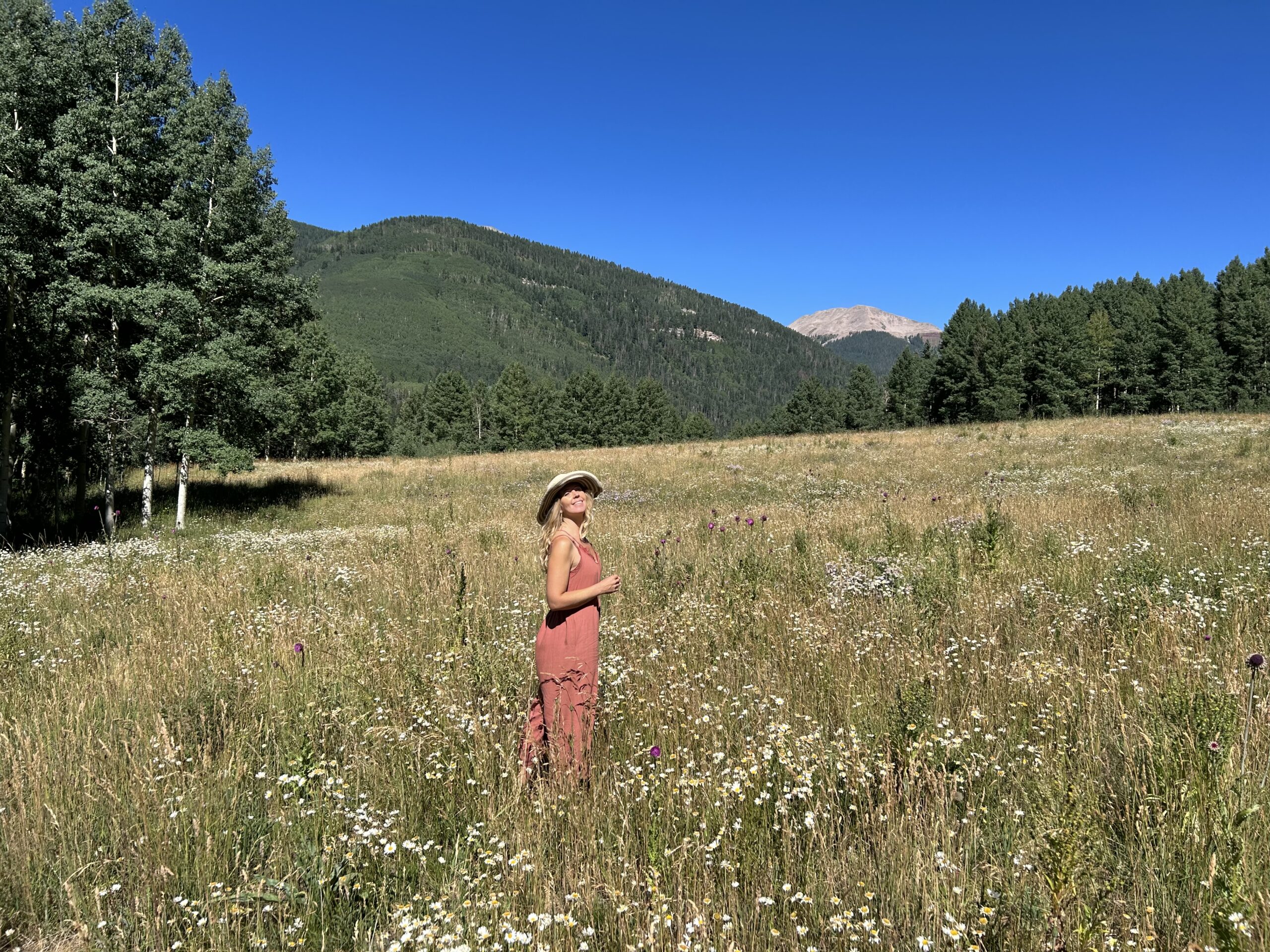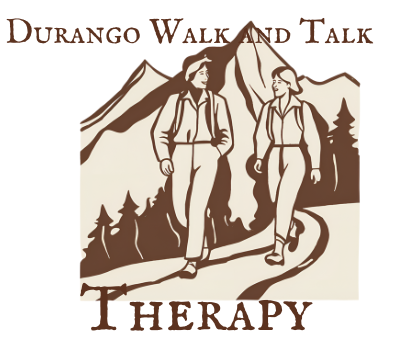
What I Can and Cannot Control: A Psychology of Being
by Kasey Hall, MA, LPCC
October 30, 2023
In uncertain times this question looms large in importance; what parts of life are within my control? And what lies outside of my control? I am writing about this topic, not only because it comes up so often in the therapeutic work I do with people, but also to move toward resolution to this mystery in my own life. Without a solid answer to this question we are likely to fall into one of two traps; the trap of powerlessness or the trap of over-powerful, magical thinking. Certainly, Hollywood movies and romance novels, along with the misuse of “law of attraction” thinking, that is prevalent in spiritual circles, have not given us an accurate perception of what life is. Thus, many of us are surprised when life throws something at us that we never expected. In facing into the reality of life it seems to me that it would be more helpful to look at life as an initiation than a fairy tale. We can expect life to be challenging, but also to be joyful, lighthearted, loving, and wondrous. So what parts, after all, are within our control?
We do have power as human beings. Look at all the things we have been able to accomplish. We have overcome gravity and have created flying things. We’ve built thousands of cathedrals, unreal in their height, detail, and artistry. We have been to the moon! We’ve sent a giant telescope into outer space that can look back in time billions of light years. We have created mass agriculture capable of feeding the billions of people that now inhabit this planet. We have built sky skyscrapers tall enough to reach into the clouds. It seems there is almost nothing human beings cannot do.
Yet, at times, we cannot get ordinary things to happen that would make our lives just a little more bearable; for example, getting a better job, getting a partner or loved one to stop their addiction, getting someone you have a crush on to notice you, or getting your kids to behave (Notice how many times I just said “getting!”). Truly, there are some parts of this experience of living on a blue planet spinning through outer space that are difficult, if not impossible, to control. There are a lot of complicated factors that create the world the way it is. As Michael Singer has pointed out in his book The Surrender Experiment, the world would go on the same way with or without you. You can notice this fact when you observe the way the environment, social systems, and the economy function.
But there are areas of our lives in which we CAN exercise a measure of control. For example, while you cannot control whether your body carries the gene to develop breast cancer, or prostate cancer, or another illness, you may be able to control some of the factors that allow the gene to be expressed; also, after receiving a diagnosis, many times you can seek out the proper treatment to bring the body back into a state of health and balance. You may not be able to control how much your employer pays you, but you can control whether or not you decide to stay in that job or leave to start your own business. You cannot make someone love you, but you can keep your heart open, and decide how to treat others, creating the right conditions for love to flourish. You may not even be able to control having unwanted feelings like fear, anger, rage, and sadness; but you can decide how you will work with these emotions to transmute them into action, understanding, and growth. Most importantly, you cannot control the fact that you will die someday, but you can control how you choose to live your life today.
But maybe we need a different word than control which just sounds so grippy, graspy, and well….. controlling. 😊 What about the words influence or agency which may bear a closer relationship to the nature of human experience.
Gestalt psychology (my counseling orientation), borrows from a principle of physics called field theory, which says that all of the objects in an environment affect every other part of the environment. The way this concept is applied in Gestalt field theory, is that every person in the field affects every other person. Consider that if I walk into a room then I am suddenly a part of a dynamic field. There are other people influencing the field as well, as many as are present in the room. If I consider that I am influencing the outcome of what happens in that room, while also being impacted by the actions of the other members of the field, then I can begin to see my own agency and influence; at the same time, I am aware of the impact of others upon myself. If I am not aware that I have choices about how I act, engage, and interact, then I fall back into my habitual reactions, am unaware of my power, and cannot wield it. Awareness is choice. Choice is power. With influence and agency I may not be the only one who has power, but I do hold an ability to greatly affect the way things go.
But I think there are some deeper layers to this topic of control. Alfred Adler, a contemporary of Freud in the early 1900’s, theorized that humanity’s primary drive was overcoming inferiority in favor of superiority. If life is essentially a competition, it is easy to see how that would create a worldview based in fear and would give rise to endless power struggles. I once heard this called “hell-realm” and I think it is a good name for this way of being.
The influence of mindfulness and transpersonal psychology on the realm of mainstream psychology has taught us that there is another way of being that is paradoxical to the one of power, control and manipulation. It is an entirely different “modus operandi” (mode of operating). The psychologist Abraham Maslow wrote about this way of being in his book Toward a Psychology of Being, in the 1960s. He distinguishes between two modes, doing and being, in which the first is based in deficiency, and the second is based in wholeness. This “B” mode of operating is based in peace and it is built on the foundation of presence, awareness, and gratitude. It is not about manipulation but about surrendering to the experience of life as IT IS. Essentially, to stop one’s resistance to the things one cannot control. This is not a fatalistic resignation to the absurdities of life, but rather an outlook that presupposes that there is a much vaster and more intricate meaning to events than what we are commonly aware of. In this “being” way of operating, life starts to take on a different quality. We become more present, open-hearted, alive, and receptive. Often there are more synchronicities. Life becomes richer. There is a sense of “awe”. Maslow identified the values of the “being mode” as truth, beauty, goodness, wholeness, aliveness, uniqueness, just-right-ness, completion, justice, simplicity, richness, effortlessness, playfulness, and autonomy.
So how do you get there? Like all things true, the answer is simple but not necessarily easy to do; coming to grips with WHAT IS might mean facing into some big feelings. The way forward is always through the heart. Not through avoidance. Use the agency and influence that you have. Do your very best. And then….. let go. Stop kicking against the goads. Truly, so long as we are determined to resist WHAT IS, we will have heartache. In acceptance of what you cannot control lies peace.
Balance all of that with self-compassion. We all fall into the control trap from time to time. I sure know that I do. It is part of being a human being. When you find yourself there, know that you’re in good company. Laugh at yourself. Have a little grace for yourself. Be a friend to yourself. Allow yourself to experiment, make mistakes, and find out what works. That is the human experience.
In the words of the well-known serenity prayer:
God, grant me the serenity to accept the things I cannot change, the courage to change the things I can, and the wisdom to know the difference.
